As Farmland Thaws After a Snowy Winter, Cramer Is Feeling the Heat for His Choice of Supporting a Trump Trade War over North Dakota Farmers
As more than 100 trade associations call for Congress to take action to protect Americans from tariffs, Kevin Cramer is nowhere to be found
Instead, Pass-the-Buck Cramer demeans farmers’ concerns by calling it “hysteria”
(BISMARCK, ND) – A New York Times report from Casselton found a brewing trade war could complicate Kevin Cramer’s attempts to woo the state’s soybean growers. The administration’s decision to prioritize the Rust Belt’s steel and aluminum industries could cost North Dakota farmers dearly – to the tune of a 25 percent tariff imposed by China. And Cramer’s refusal to push back on these protectionist policies could, in turn, cost him with North Dakota’s voters.
Instead of standing up for North Dakota, Kevin Cramer has abandoned his constituents (and his tweets in support of them). Cramer is once again toeing the party line, wagering with North Dakota farmers’ livelihoods that tariffs are a part of the administration’s ‘master plan.’ And farmers are taking notice.
Highlights from the article below:
New York Times: Across Midwest, Farmers Warn of G.O.P. Losses Over Trump’s Trade Policy
- Here in the largest soybean-producing county in the country, a snowy winter has left North Dakota farmers like Robert Runck with time on their hands before spring planting — time they have spent stewing over how much they stand to lose if President Trump starts a trade war with China.
- “If he doesn’t understand what he’s doing to the nation by doing what he’s doing, he’s going to be a one-term president, plain and simple,” said Mr. Runck, a fourth-generation farmer who voted for Mr. Trump. Pausing outside the post office in this town of 2,300, Mr. Runck said the repercussions could be more immediate for Representative Kevin Cramer, a Republican whose bid against Senator Heidi Heitkamp, a Democrat, has been complicated by the proposed tariffs. “If it doesn’t get resolved by election time, I would imagine it would cost Kevin Cramer some votes,” he said.
- From the still-thawing soybean fields of North Dakota and Kansas to the corn and pork farms of Iowa, voters across the political spectrum say the president’s attacks on American economic rivals could do grave damage to an already unstable commodities market.
- Instead, there are already whispers, in Washington and in agriculture states, that the president is risking a replay of President Jimmy Carter’s grain embargo on the Soviets, which contributed to the massive losses Democrats suffered in 1980.
- Indeed, after a year in which Mr. Trump only mused about pulling out of Nafta and was stymied by Congress in his attempt to slash the Agriculture Department’s budget, there is now a sense in the farm belt that Mr. Trump’s yearning to punish China could inflict real economic and political damage on his own political base.
- “This is the first time it’s in your face, especially to us in the Midwest,” said Ed Schafer, a Republican former governor of North Dakota who was agriculture secretary under George W. Bush.
- There may be no other race in America that is at once as significant as the Senate contest here and as shaped by whether China’s tariffs take effect this year. Most of North Dakota’s votes are in the eastern end of the state, in the Red River Valley — a region that also happens to be home to the three largest soybean-producing counties in the nation.

